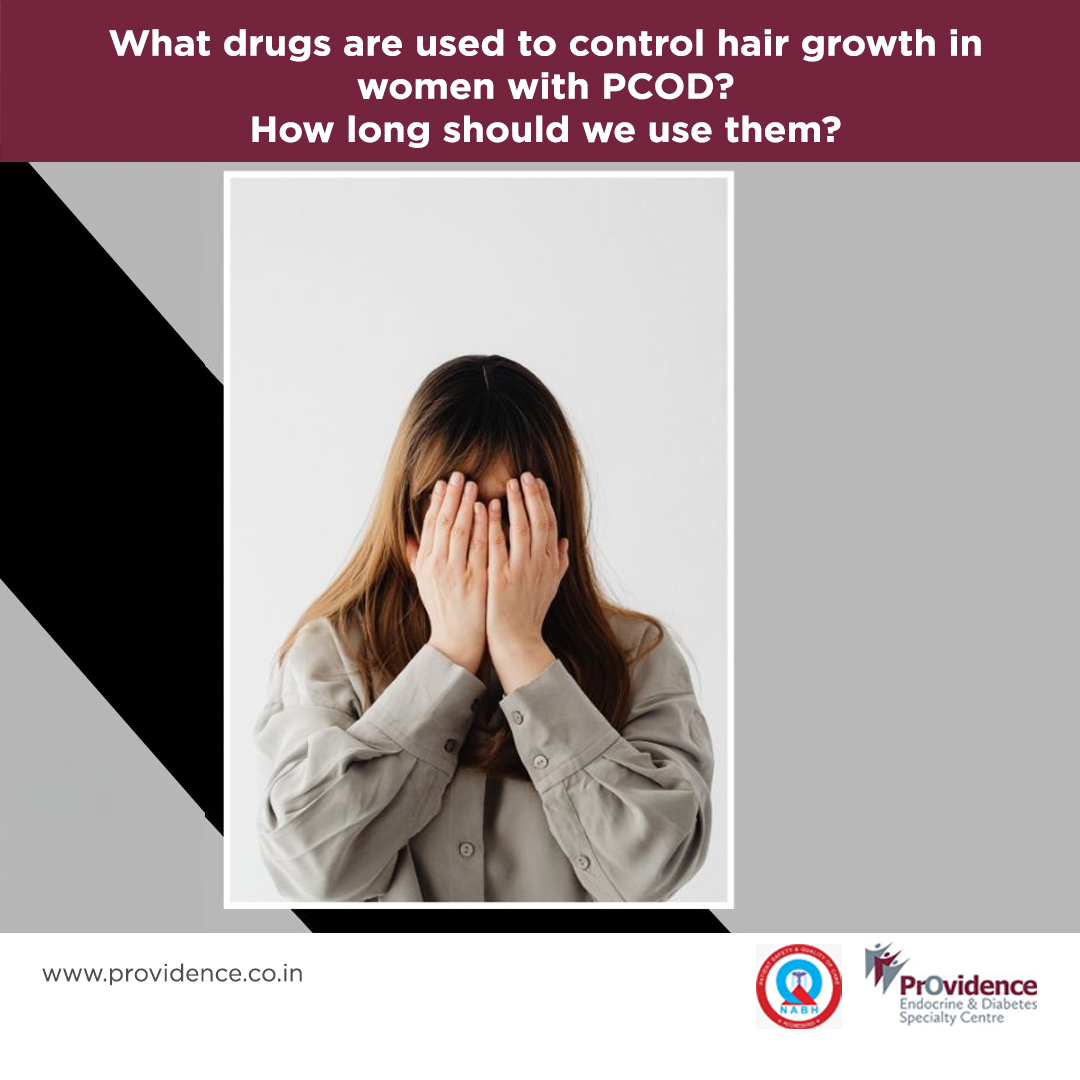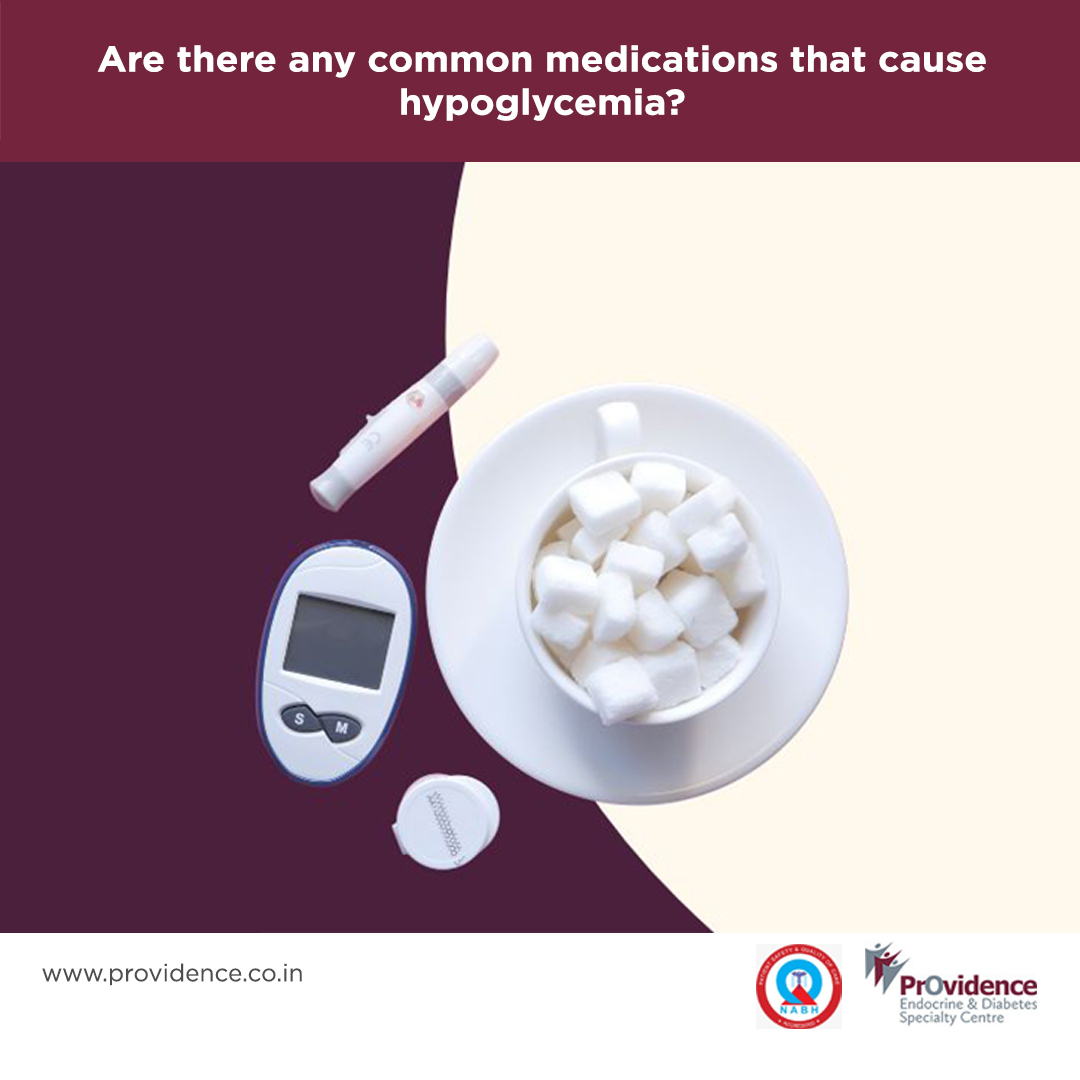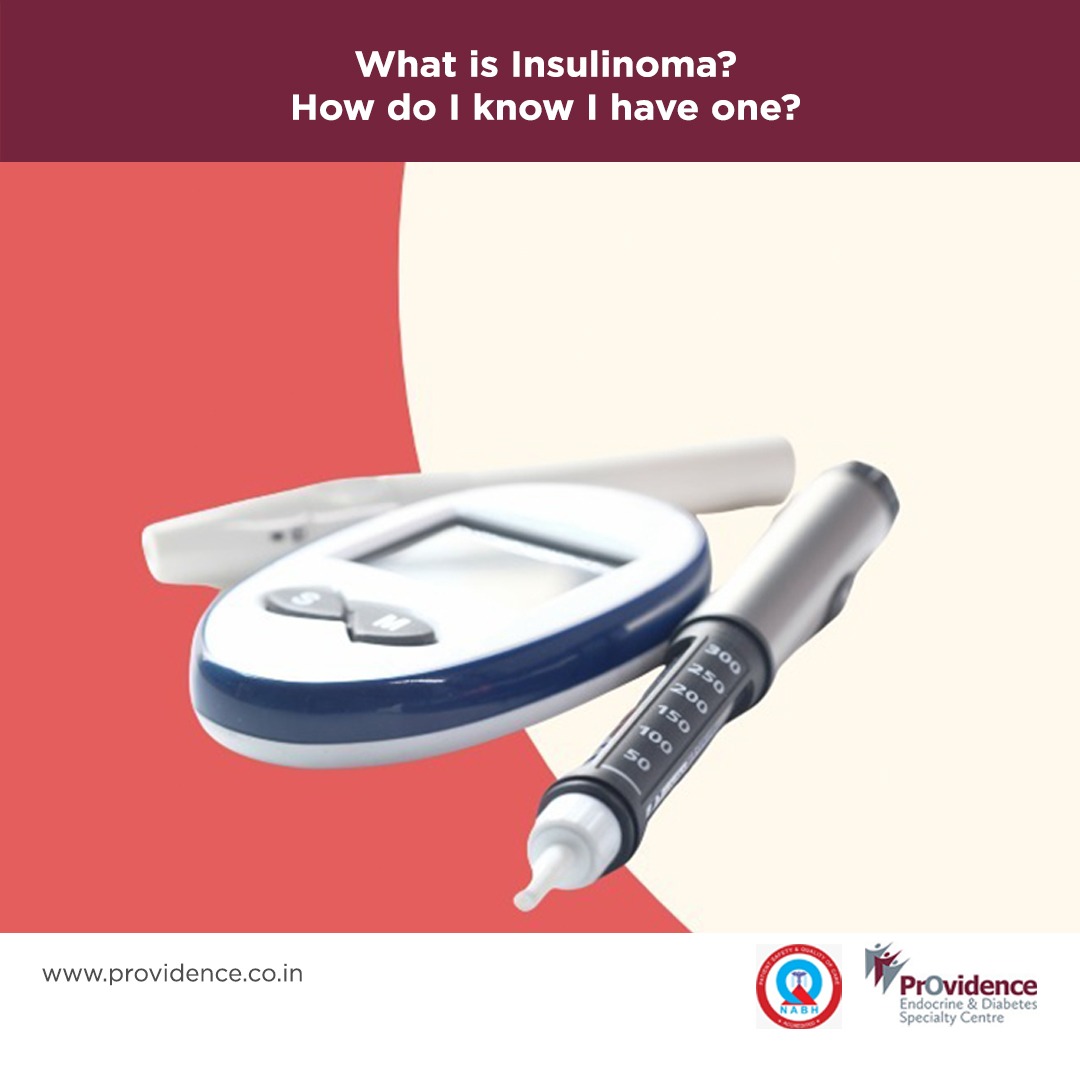One of the major concerns for women with PCOD is hirsutism, which is the medical term for excess hair growth on areas like the upper lip, chin, chest, abdomen, or back.
PCOD is a hormonal disorder that can cause irregular periods, acne, obesity, and sometimes difficulty in getting pregnant. It can also lead to hirsutism. While this can be distressing, the good news is that it is treatable!
How is Hirsutism Treated?
Treatment often involves a combination of approaches to manage the underlying hormonal imbalance and remove unwanted hair.
1. Medications to Balance Hormones :
· Birth Control Pills : These are often the first step to regulate your menstrual cycle. It can take up to 6 months to see a reduction in hair growth.
· Anti-androgen Medicines (e.g., Spironolactone, Finasteride) : These medications block the effect of male hormones. You might need to take them for at least 6 months to notice a difference. Consistent, long-term use is often recommended for best results.
· Metformin : This medicine helps control insulin resistance, which is common in PCOD and can contribute to hirsutism.
2. Topical Treatment :
· Eflornithine Cream (e.g. Eflora) This prescription cream is applied to the skin to slow down hair growth directly. It can take about 6 to 8 weeks to see results.
3. Hair Removal Methods:
Several methods can be used to remove the hair itself. It’s often best to start these after your medical treatment has begun to reduce the growth of new, coarse hairs.
· Temporary methods : Waxing, bleaching, plucking, and hair removal creams.
· Long-term solutions : Electrolysis and laser therapy, which usually require multiple sessions.
Important Things to Remember:
· It takes time to see results from medications.
· A healthy diet and regular exercise can significantly improve the effectiveness of your treatment.
· It is essential to work with your endocrinologist for hormonal management and a cosmetologist for hair removal advice.
Your treatment plan will be personalized to your specific needs.
Dr. Deepa G, MHSc (Diab), Dip (Diab)












